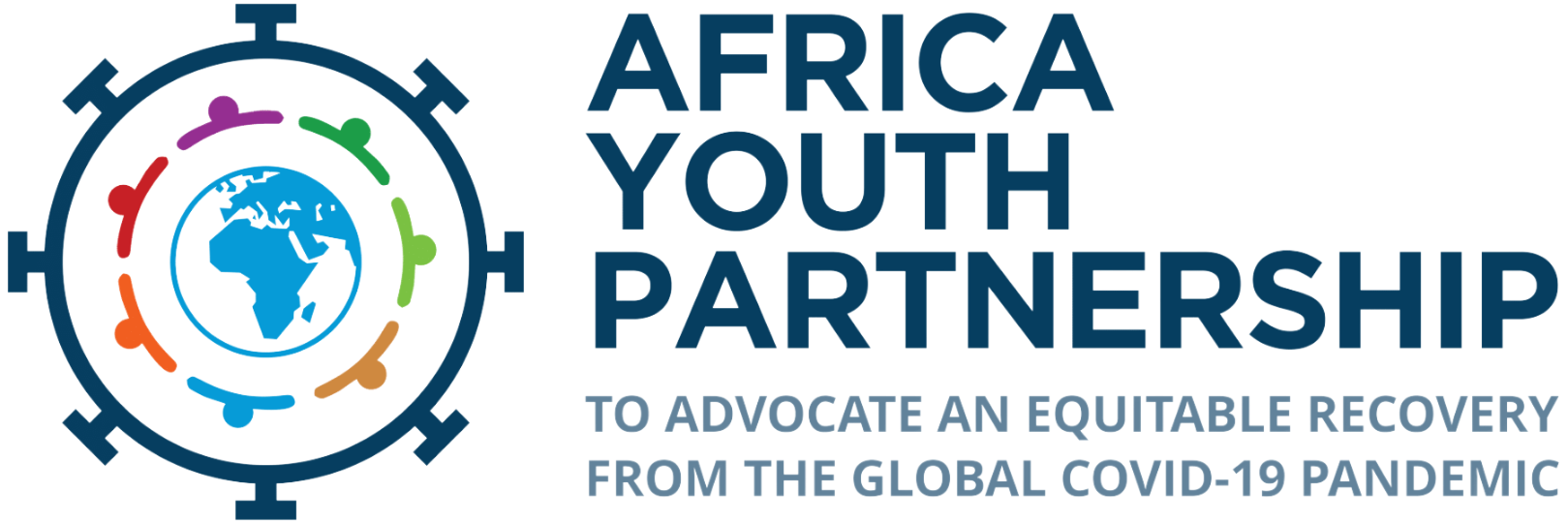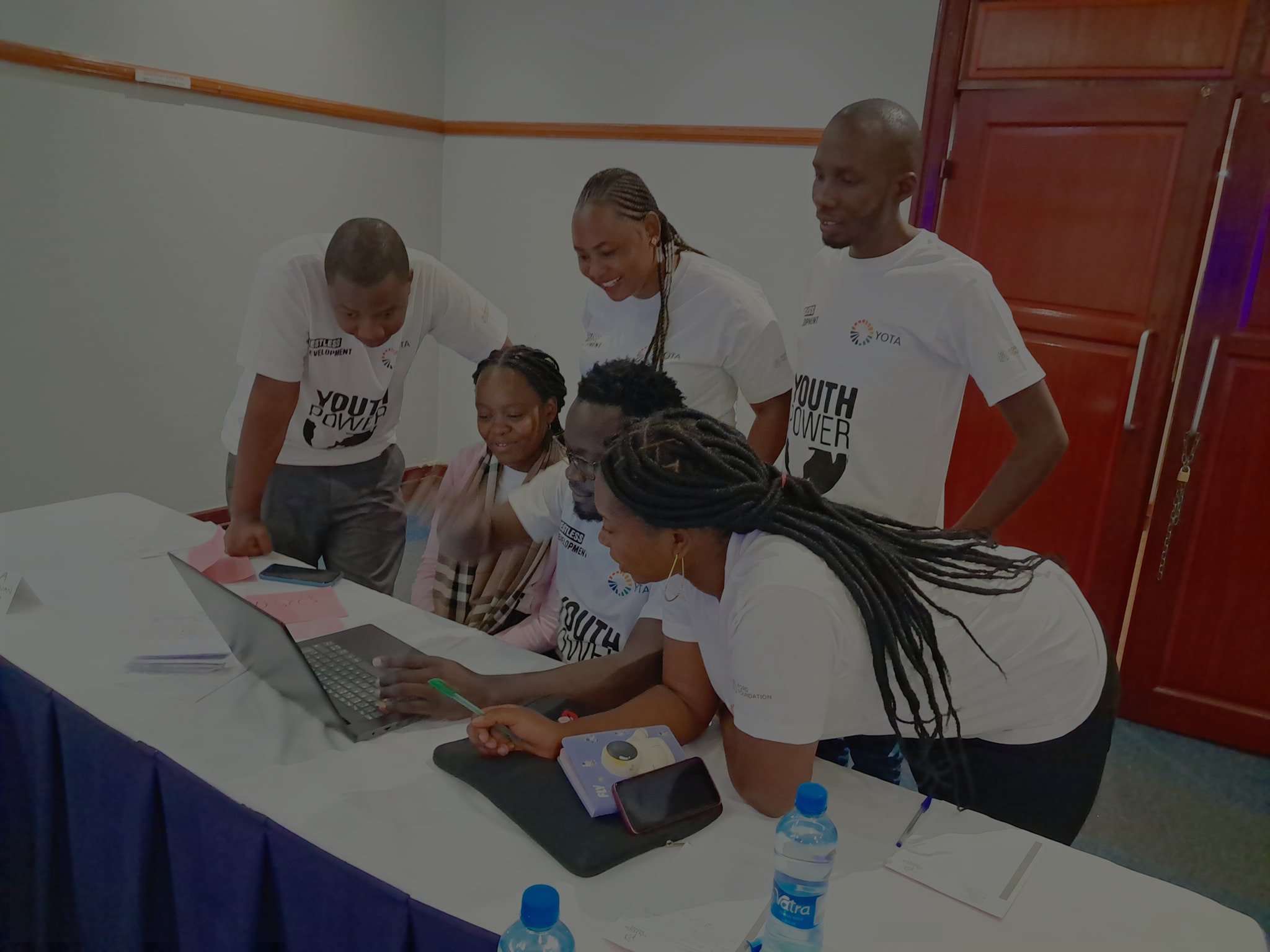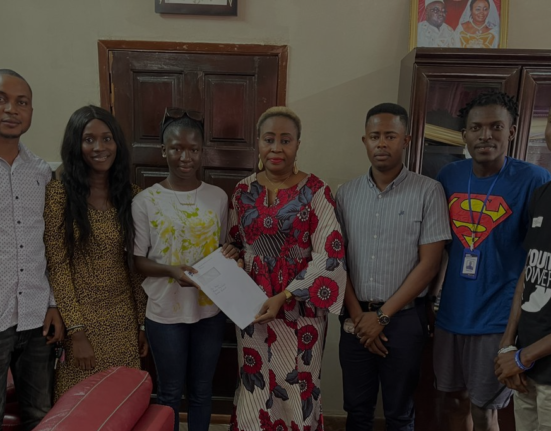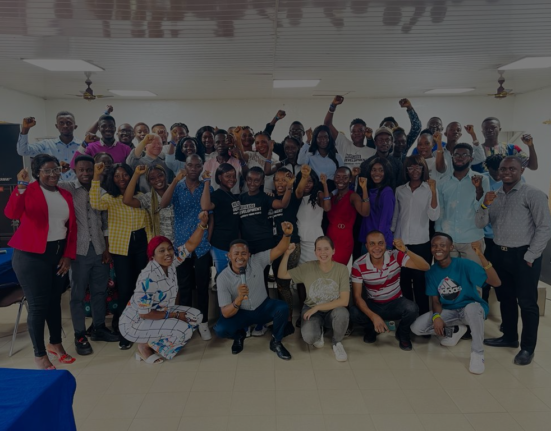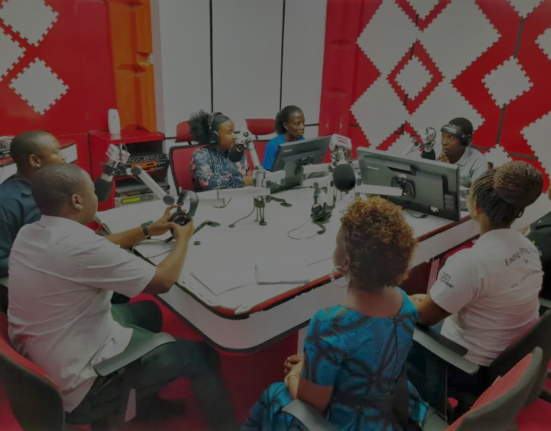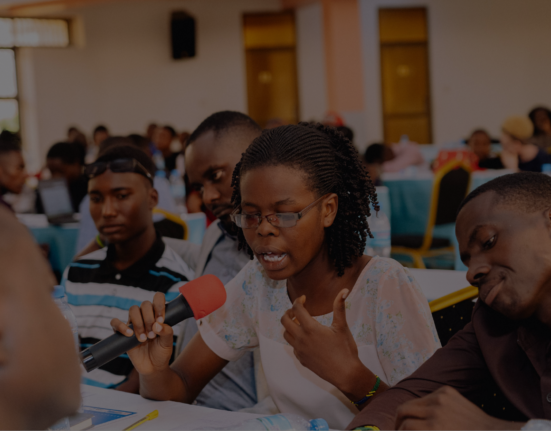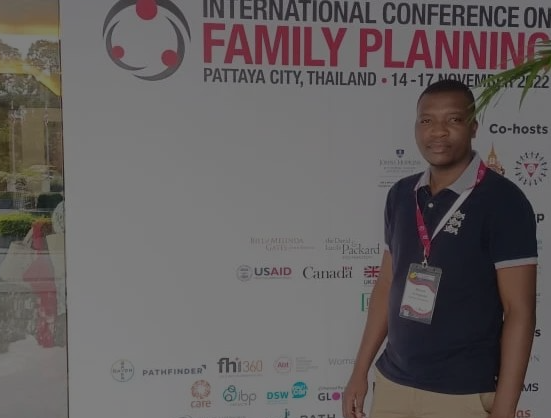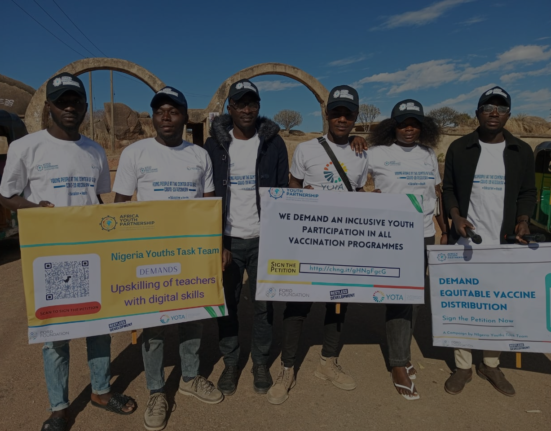The COVID -19 pandemic has undoubtedly exacerbated major economic and social challenges across the globe. In Africa, young people, especially the vulnerable youth, have not been spared the devastating effects of the pandemic, which also amplified many of the challenges already faced by the continent’s youth. The overall goal of this brief is to highlight the various ways in which the COVID-19 pandemic affected youths in their diversity and how it amplified the already existing inequalities in the youth populations in Africa in particular Zimbabwe. It further explores the recommendations and calls to action by consulting youths across the country and stakeholders co-creating and working with youths. With this piece, we hope to uncover the “situation”, and the “context” and proffer actionable solutions as suggested by the youths themselves.
A brainchild of Restless Development and YOTA – Youth Opportunity and Transformation in Africa sponsored by the Ford Foundation, the “Africa Youth Partnership for an Equitable Recovery from the COVID-19 pandemic”.
Quick Observations
Youth empowerment-Due to COVID-19, a proportion of young people in the informal economy lost their source of income. The lack of insurance and safety nets, combined with the fact that most young entrepreneurs were already having difficulty, increased the impact.
Reducing the digital divide and ensuring access to affordable internet for all
Adopting a gendered approach to policies and response mechanisms
Disaster preparedness-Covid19 demonstrated the importance of ICT in education. Investing in ICT infrastructure and computer literacy for both teachers and students will reduce disruptions in education if another pandemic strikes.
Gender mainstream-Adolescent girls and young women are one of Zimbabwe’s most underserved groups and it is key to prioritize them and end inequalities. As a result of increased family needs, it is not surprising that the pandemic increased their burden of unpaid care work (and girl child labour).
Family Planning and Menstrual health– Promotion of menstrual health including care and management as well catering for the unmet needs of family planning among girls and young women. Globally, sub-Saharan Africa (SSA) bears the highest proportion of women with an unmet need for contraception as nearly 25% of women of reproductive age in the sub-region have an unmet need for contraception. The unmet need for contraception is predominant among young women.
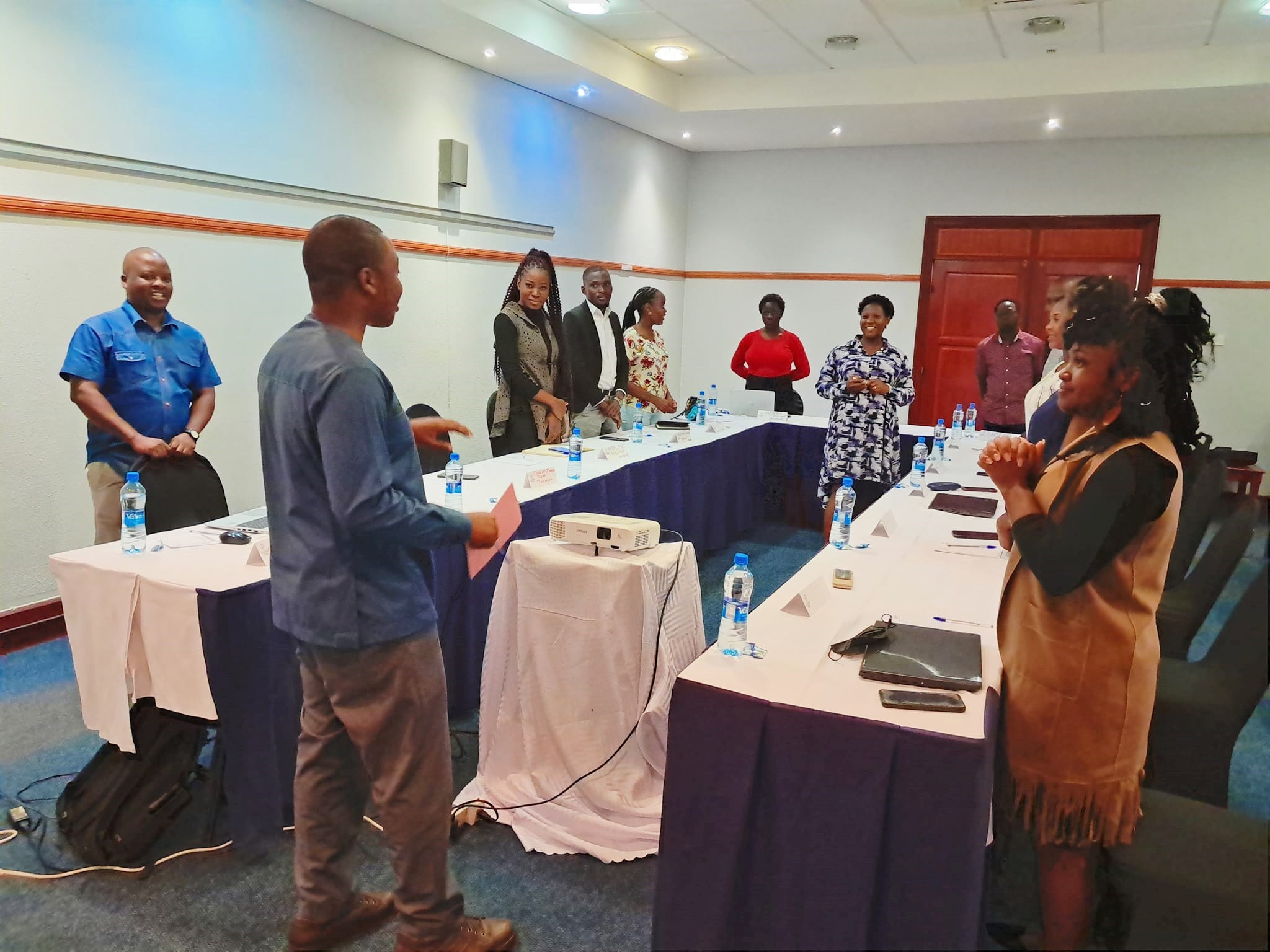
Calls to Action
From Young People to Political Leaders, CSOs, Bussiness and the International Community
- Secure Education– Many young people’s education is cut short due to financial constraints; this could be addressed with scholarships or subsidized/ free education.
- Secure Jobs – The majority of young people lack the financial means to contribute to the household income while meeting their personal needs. This can be addressed by creating large numbers of jobs to provide stable incomes and career opportunities. There is also a need to strengthen the private sector by providing industries with technical assistance to enhance their competitiveness (skills, finance, and product development), as well as facilitating access to local, regional, and international markets.
- Promote Transparency and Accountability on public funds
- Strengthen Livelihoods opportunities – Provide training and start-up capital for young people’s enterprises. There is a lack of resources and funding to support more livelihood options for young people. Training and start-up capital is needed for young people to diversify their livelihood options. Another way is also to support youth and women-owned businesses, as well as enterprises. Supporting and guiding young people’s social innovations that lead to self-employment.
- Future Pandemics-Prioritising funds for worst-case scenarios (for example pandemics, natural disasters,): Following up on recovery efforts and being transparent about funds disbursed
- Economic recovery –Fiscal and monetary policies that target and support hard-hit sectors, including the informal sector, are required to retain jobs and create demand in the economy. These policies include financial/tax relief, bailouts, bridging loans, and grants.
- Healthcare improvement- In the context of COVID-19, there is a need to increase access to health services, including making sure that relief centres are accessible to people with mobility disabilities. Young girls’ access to mental health, maternal, neonatal, and child health services, GBV relief, and SRHR services must be prioritized.
